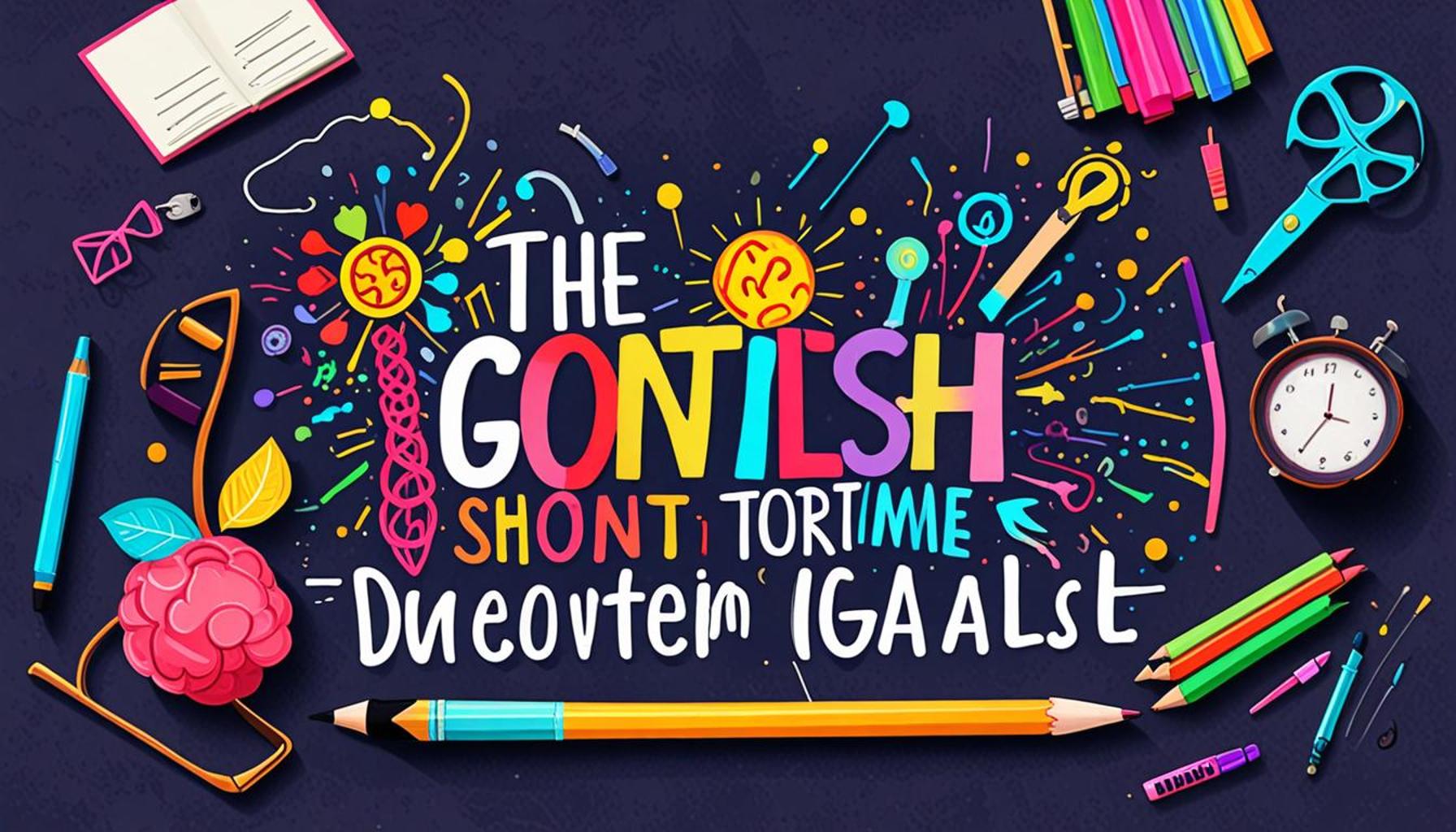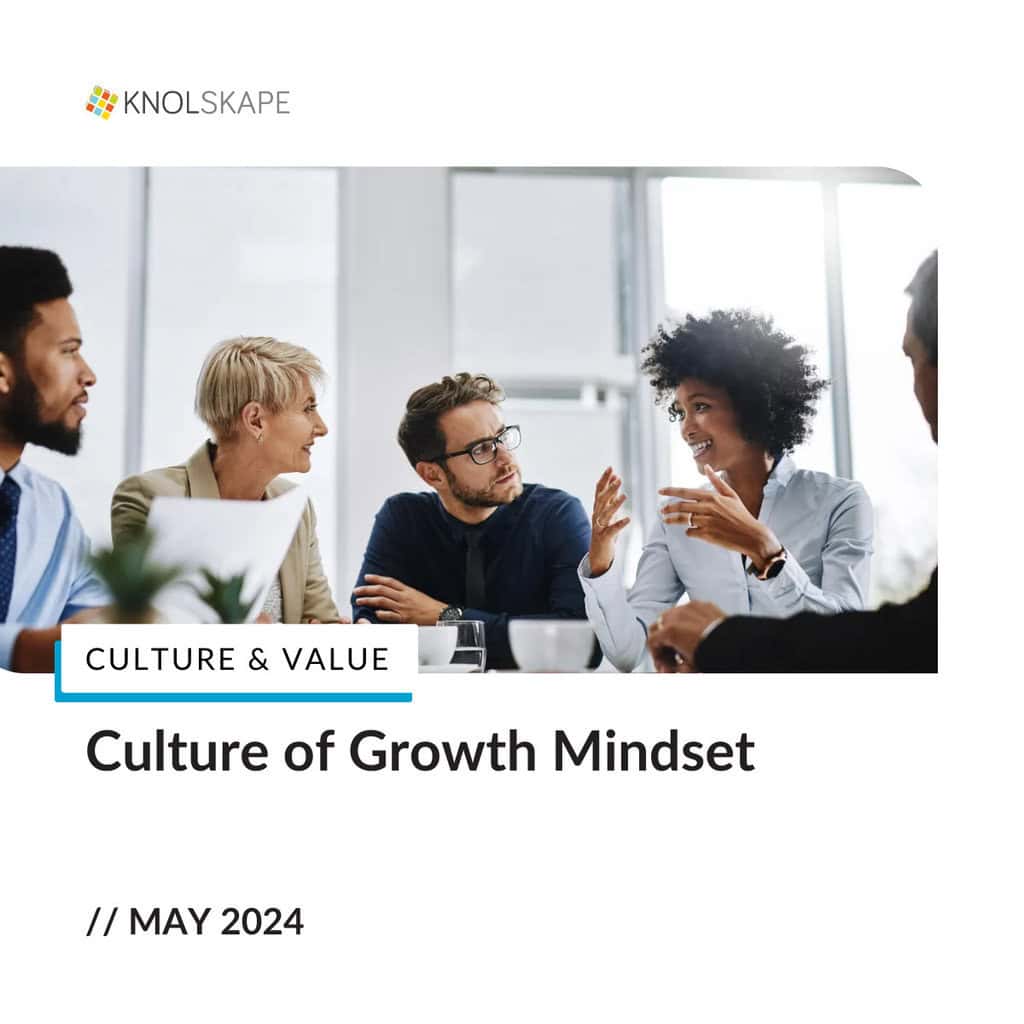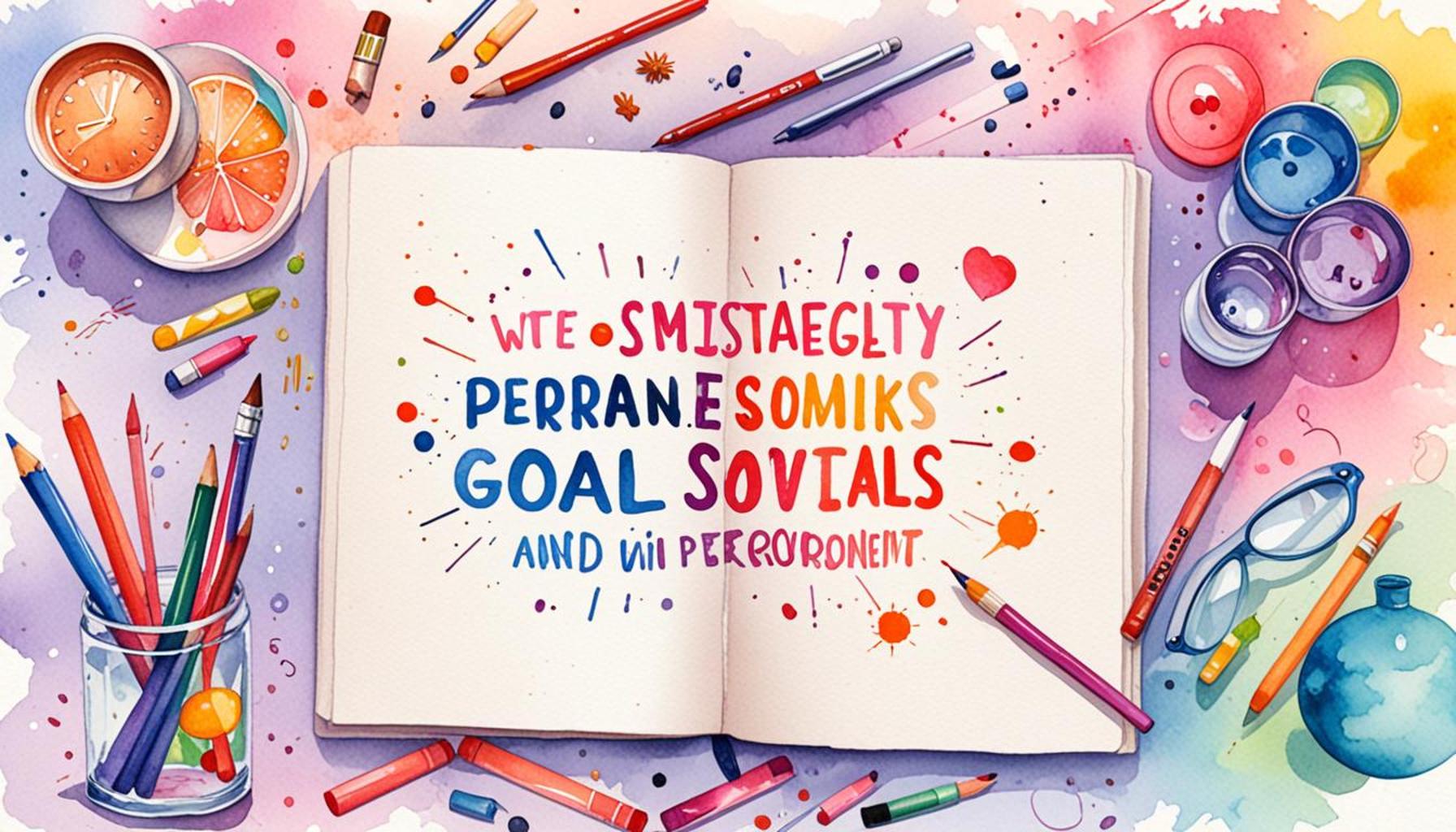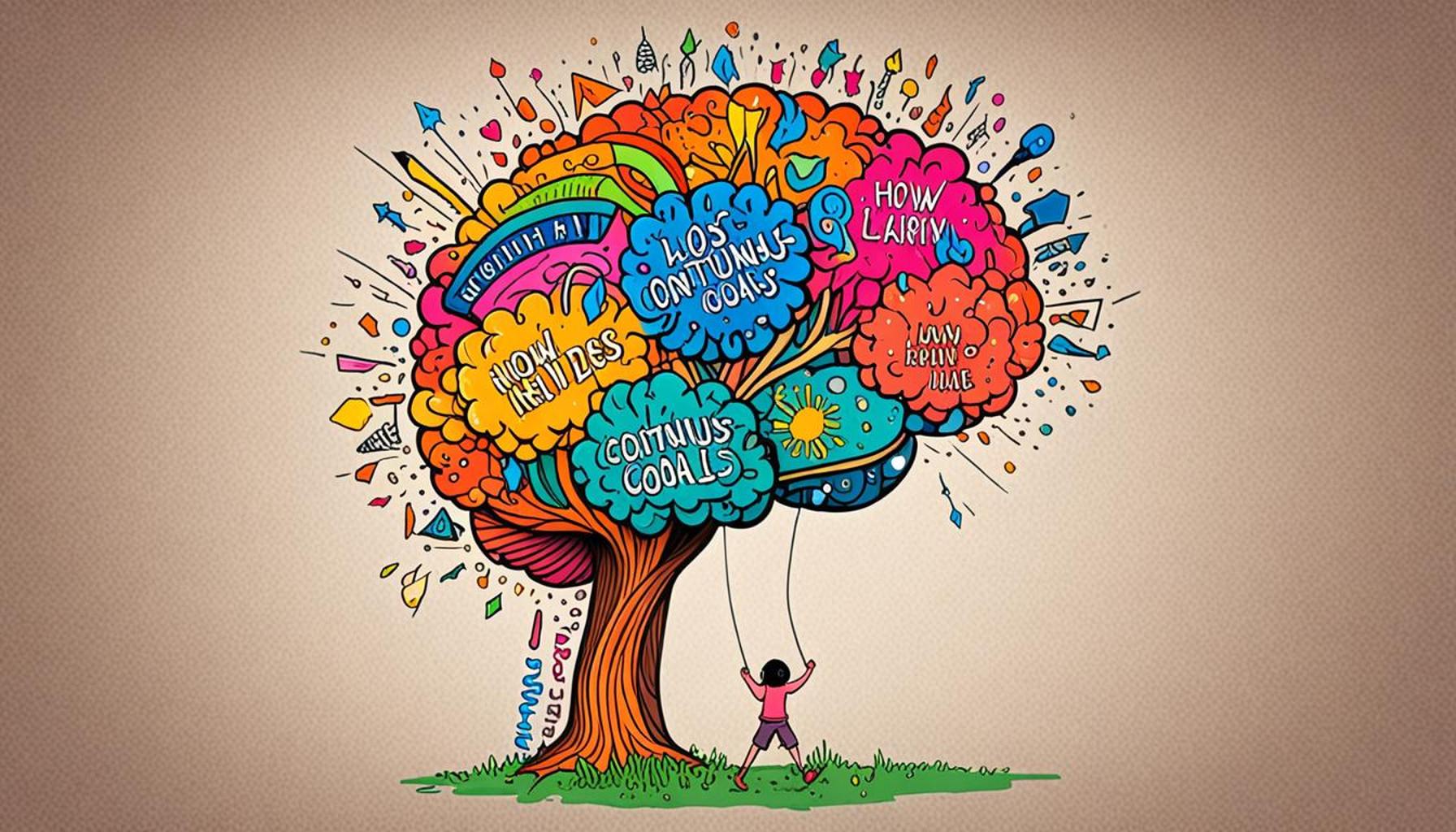The Relationship Between Short-Term Goals and Skill Development in a Growth Mindset Context

Understanding the Power of Short-Term Goals
As our world becomes more interconnected and competitive, particularly in countries like Nigeria, adopting a mindset that embraces growth can fundamentally alter an individual’s approach to personal and professional challenges. A growth mindset encourages the understanding that abilities and intelligence can be cultivated over time through dedication and hard work. This adaptive mindset is especially potent when combined with the establishment of short-term goals, which serve as practical tools in the quest for skill enhancement and personal development.
Short-term goals act as the building blocks in one’s journey toward greater achievements. They come with numerous benefits that can be instrumental in transforming aspirations into tangible results:
- Immediate motivation: When individuals achieve smaller, defined objectives, they experience an immediate sense of accomplishment that fuels their desire to pursue larger goals. This quick satisfaction can be especially vital for students and young professionals in Nigeria, where the pressure to succeed can be overwhelming.
- Focused skill enhancement: By setting clear, short-term goals, learners can concentrate on specific skills, allowing for deeper understanding and mastery. For example, a student may aim to complete a project using new technology, focusing their learning efforts on applying concepts in a practical way.
- Incremental progress: Achieving these smaller milestones lays the groundwork for long-term success. Each completed task builds confidence and expertise, ultimately contributing to larger aspirations. This creates a positive feedback loop, encouraging individuals to set and conquer even more ambitious goals.
In Nigeria, where the landscape of opportunities is vast yet competitive, understanding the dynamics of short-term goals becomes crucial. For instance, students aspiring to thrive in the rapidly growing technology sector can establish defined short-term benchmarks. These may include enrolling in specialized coding boot camps, participating in hackathons, or even learning to master specific software tools relevant to their field. Each of these acts serves as a stepping stone, significantly enhancing their skill set and building confidence along the way.
Moreover, short-term goals can also foster a sense of community and collaboration. For example, students can form study groups to tackle a challenging curriculum, sharing knowledge and resources. This collaborative effort not only boosts individual learning outcomes but also promotes networking – a key aspect of career advancement in today’s job market.
Ultimately, by prioritizing short-term goals, individuals unlock the transformative potential of a growth mindset, laying the groundwork for continuous learning and personal adaptation. This article aims to inspire readers to explore how setting small, actionable objectives can dramatically enhance their capabilities and career trajectories, especially in a dynamic environment like Nigeria.

ADDITIONAL INSIGHTS: Expand your understanding here
Short-Term Goals as Catalysts for Skill Development
In a growth mindset context, short-term goals do more than offer direction; they become vital instruments for cultivating essential skills. These goals break down broad aspirations into manageable tasks, which is particularly important in a fast-paced environment like Nigeria. The nation’s youth, eager to secure their place in burgeoning sectors such as technology and entrepreneurship, find that the deliberate pursuit of short-term objectives can significantly enhance their learning curves and skill sets.
Research underlines that well-defined short-term goals enhance learning outcomes. In practical terms, when individuals establish achievable targets—such as mastering a new programming language or completing a certification within a set timeframe—they create actionable plans that serve to focus their efforts. This targeted approach allows for a deeper immersion in the subject matter, as learners engage with content more thoughtfully and strategically.
Moreover, short-term goals foster a cycle of rapid feedback and adaptation. Students in Nigeria, motivated to boost their qualifications against a competitive backdrop, can use these goals to assess their progress frequently. For example, a student learning web development may set a goal to build a simple website in two weeks. Afterward, they can evaluate their work, identify areas needing improvement, and iterate on their designs. The resulting cycle of trial, feedback, and adjustment embodies the very essence of a growth mindset, underscoring the notion that skills are developed over time, with persistence and learning.
Additionally, the integrity of short-term goals lies in their ability to align with broader career aspirations. For instance, a young entrepreneur might establish a series of objectives related to launching a startup, such as creating a business plan, networking with potential partners, and participating in local incubators or pitch competitions. These incremental steps not only build vital entrepreneurial skills but also instill confidence and resilience. Overcoming each objective reinforces the belief that they are capable of tackling larger ambitions.
- Skill acquisition: Short-term goals directly contribute to developing specific skills that are necessary for career advancement. This targeted skill acquisition is vital in sectors experiencing rapid growth, such as technology, agriculture, and digital marketing.
- Accountability: Setting short-term goals encourages individuals to hold themselves accountable for their progress, ensuring they remain committed to their personal and professional development journeys.
- Resourcefulness: As opportunities unfold, individuals learn to navigate challenges creatively by leveraging available resources and adjusting their strategies according to their learnings.
In essence, the relationship between short-term goals and skill development within a growth mindset framework is symbiotic. Each successful achievement promotes a deeper understanding of one’s capabilities while paving the way for broader objectives. By embracing the practice of setting short-term goals, individuals in Nigeria not only enhance their skill sets but also position themselves for sustained growth in an ever-evolving marketplace.
The Relationship Between Short-Term Goals and Skill Development in a Growth Mindset Context
In a world that emphasizes rapid advancements and continuous improvement, understanding the synergy between short-term goals and skills development is vital. Short-term goals serve as stepping stones, guiding individuals in a growth mindset, where challenges are embraced, and learning becomes a priority. Each achievable target fuels motivation, enhancing confidence and resilience against setbacks.
For instance, consider a student learning a new language. By setting a goal to master ten new vocabulary words each week, they create a manageable challenge. This incremental approach not only builds their linguistic skills but also fosters a sense of accomplishment that reinforces a growth mindset.
Moreover, short-term goals act as metrics for progress. They provide immediate feedback, allowing individuals to assess what techniques are effective and which need adjustment. This iterative process is crucial for skill development as it encourages self-reflection, an essential component of a growth mindset.
Engaging in regular feedback loops enhances motivation, showcasing that success comes from consistent effort. Therefore, establishing short-term objectives is not merely about achieving quick wins; it’s about cultivating a deeper understanding of one’s capabilities and potential.
Incorporating short-term goals into personal or professional development plans creates a structured learning environment. It encourages individuals to set realistic expectations while stimulating their intrinsic motivation to develop new skills. As they accomplish these short-term milestones, they develop a richer skill set that gears them toward long-term success.
| Advantages | Effects on Skill Development |
|---|---|
| Enhanced Focus | Short-term goals help prioritize efforts, directing attention to specific areas of growth. |
| Immediate Feedback | These goals provide a real-time assessment of progress, allowing adjustments in learning strategies to be made effectively. |
Understanding the nuanced relationship between short-term goals and skill development enables individuals to harness the full potential of their growth mindset, promoting not only personal achievement but also fostering a culture of lifelong learning.
SEE ALSO: Click here to read another article
Enhancing Learning Through Progressive Challenges
As individuals pursue short-term goals, they engage in a strategy known as progressive challenge. This approach involves gradually increasing the difficulty or complexity of tasks, which is crucial in a growth mindset context. For many Nigerian youths, the ability to challenge oneself incrementally creates an environment conducive to sustained skill development. By tackling progressively difficult goals, learners can build confidence while mastering new competences. For example, an aspiring graphic designer might begin by designing simple logos before advancing to more complex company branding tasks. This stepwise progression reinforces the notion that abilities can be developed over time with dedication and effort.
In addition, the act of setting short-term goals plays a key role in enhancing motivation and engagement. Young people in Nigeria, particularly in urban areas, often find themselves juggling multiple commitments. Establishing clear, short-term objectives allows them to prioritize and channel their energy more effectively. Research suggests that individuals with a clear sense of purpose are more likely to exhibit higher levels of intrinsic motivation. When students see the tangible results of their short-term achievements, they are inspired to take on larger challenges. For instance, a young woman studying fashion design might set a goal to create a clothing line prototype. Successful completion not only fuels her motivation but equips her with essential skills in design, marketing, and project management, essential in today’s competitive fashion industry.
Moreover, community building plays an indispensable role in the pursuit of short-term goals. Engaging in groups with similar aspirations fosters a spirit of collaboration, where individuals can share experiences and resources. In Nigeria, this is particularly significant, as many aspiring entrepreneurs participate in mentorship programs or co-working spaces. By setting collective short-term goals—like organizing a community event or launching a group project—participants can draw on one another’s strengths, leading to accelerated learning and skill development. By creating partnerships, young people can alleviate the isolation that often accompanies challenging tasks while also learning from diverse perspectives.
- Resilience building: Resilience is fundamental within a growth mindset. Each setback becomes an opportunity for deeper understanding and refinement of skills. Short-term goals help individuals navigate failures, teaching them to adapt and persevere through challenges.
- Networking opportunities: Through collaborative short-term projects, individuals expand their professional networks. This networking may lead to internships, job opportunities, or access to invaluable guidance, which ultimately reinforces ongoing skill development.
- Self-reflection: Setting short-term goals encourages regular self-assessment, enabling individuals to track their progress and recalibrate their strategies. Self-reflective practices boost insight into what working techniques effectively support skill acquisition and where adjustments are needed.
Engaging with this framework allows Nigerians eager for skill acquisition to find pathways tailored to their interests and career objectives. Short-term goals serve not just as milestones in their journey, but as building blocks for lifelong learning and adaptability in an evolving workforce landscape.
LEARN MORE: This related article may interest you
Conclusion
In summary, the interplay between short-term goals and skill development within a growth mindset framework is pivotal for aspiring individuals, particularly in Nigeria’s dynamic socio-economic landscape. By embracing the concept of incremental challenges, young people can establish a solid foundation for personal and professional growth. Short-term goals not only act as stepping stones toward broader aspirations but also foster a sense of achievement that fuels motivation and engagement.
Furthermore, the emphasis on community building highlights the importance of collaboration and shared experiences. When young Nigerians collaborate on short-term objectives, they access a wealth of collective intelligence and resources, providing a significant advantage in their skill acquisition journey. This fusion of efforts promotes resilience, creating a culture where setbacks are reframed as learning experiences rather than obstacles.
As we navigate an ever-evolving job market, the necessity for adaptability has never been more pronounced. The consistent practice of setting and achieving short-term goals equips individuals with the tools they need to thrive amid uncertainty. Future research could further explore the specific techniques that maximize this relationship and identify effective strategies for nurturing a growth mindset in various contexts.
Ultimately, by prioritizing short-term goals, young Nigerians can cultivate essential skills that transcend mere vocational training, creating a generation prepared for continual learning and adaptation in their chosen fields. This transformative approach does not just benefit individual trajectories but also enhances the collective future of Nigeria’s vibrant workforce.


